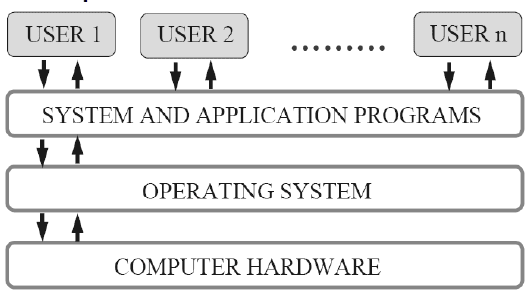Application of Computers in clinical settings
Application of Computers in clinical settings
Ø Computers can perform multiple tasks with maximum
efficiency, so they are used in hospitals for maintaining patient information,
medical research and use in surgical procedures, medical equipment, and
Imaging.
Ø Hospital information systems, data analysis in
medicine, medical imaging laboratory computing, computer-aided medical
decision-making, care of critically sick patients, computer-assisted therapy,
and other applications are major uses of computers in medicine.
10 Uses of Computers
in Hospitals
1. Maintain
Patient Information
Patient information is kept
organised, safe, and readily available on a computer. In an emergency, medical
staff needs quick access to patient records. There are fewer risks of data
loss or mismatching while using a computer.
2. Monitor
Patients
Hospitals
now utilise computers to keep track of vital signs like heart rate and blood
pressure. Additionally, the computer monitoring system gathers helpful
patient data. It is possible to retrieve this data for future use in research
or other purposes.
3. Medical
Research
To
understand more about a certain ailment, clinicians may now search medical
databases. The ability of medical staff to obtain and apply knowledge is being
improved through the use of computers in healthcare.
Medical Research in Hospital
4. Inventory
Knowing
what medications are on hand is crucial for a patient's therapy. The rehabilitation
process might be slowed down if a doctor prescribes a medication that is
out of stock, thus it is essential to keep an inventory list up to date. In the
meanwhile, inventory control is crucial for hospitals and medical facilities.
Therefore, inventory managers can track stock levels thanks to computers.
5. Use in
Surgical Procedures
Computers
are capable of performing multiple tasks with precision, so the use of
computers in operating rooms can save lives. For completing complicated
treatments, surgeons rely on computers.
6. Medical
Equipment and Imaging
Computers
are widely used to operate medical machinery that conducts crucial medical
tests including ultrasonography, CT scans, MRIs, blood tests, etc.
Doctors also utilise computers to display their findings and describe the
illness and course of therapy. Computers may be used for 3D modelling and
drawing.
7. Communication
The use
of computers for communication amongst healthcare professionals helps the staff
and makes their job easier because they are sometimes quite busy. Healthcare
staff can communicate in real-time chat on a computer to share important
information. It is preferable than receiving texts or post-it notes.
8. Telemedicine
The act
of treating patients remotely while neither the patient nor the practitioner is
present physically is considered to be telemedicine. Doctors may now
connect with patients and other medical personnel thanks to computers and cell
phones. During natural calamities, telemedicine is crucial as well.
9. Customer Services
Hospitals
now use automated systems like Artificial Intelligence (AI) to provide regular
customer services to the patients (like payments, making demands, and
complaints).
10. Online
Payment
Hospitals
now make use of online payment portals to enable patients to pay their hospital
bills online. This reduces the chances of errors and the task is performed in
minimum time.













Comments
Post a Comment